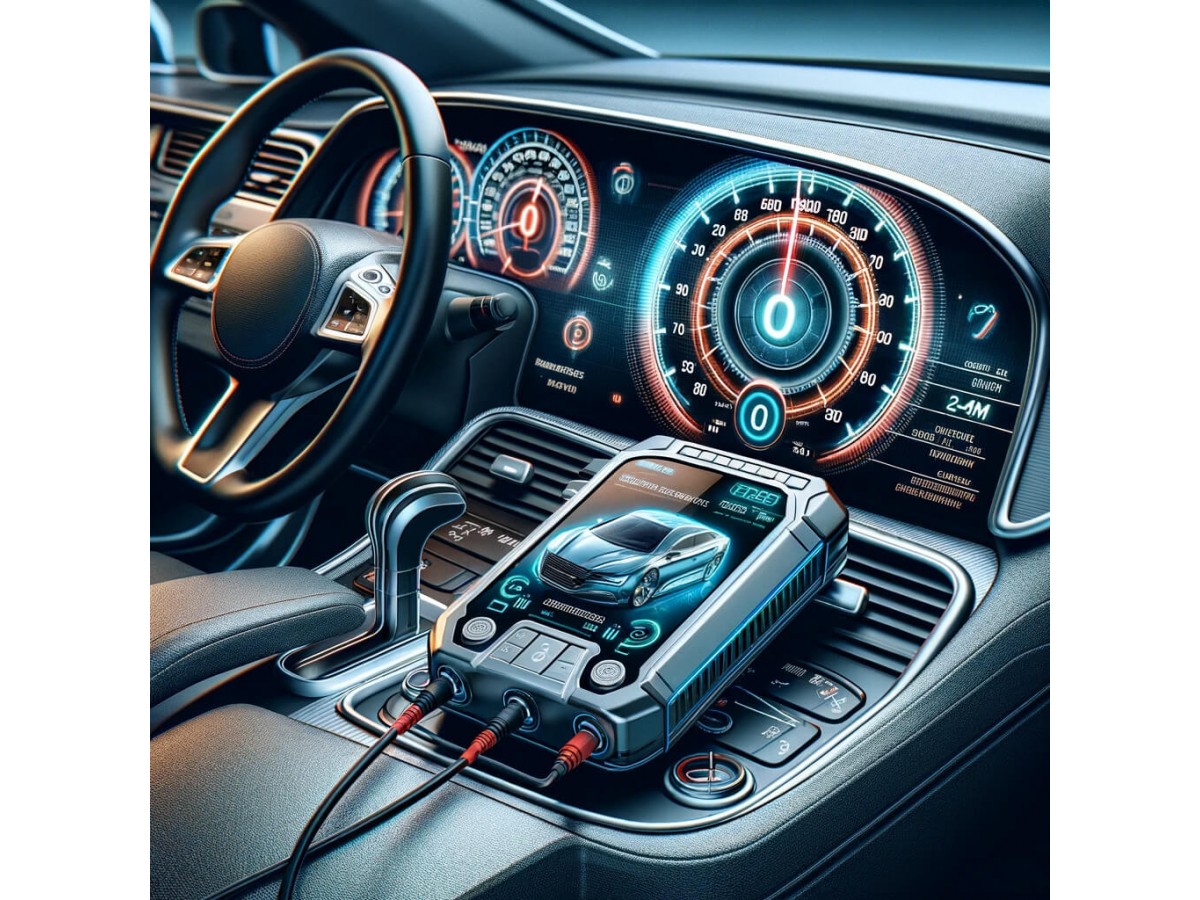Mileage tends to be one of the most crucial deciding factors when it comes to selling or buying a used car. It’s hard to say what’s wrong with it. Maybe it’s some part of our nature to simplify things instead of analyzing all the facts, maybe it’s just the way human psychology works, but for some reason, when it comes to buying a used car, no one seems to like the six-digit numbers.
Even if you have a relatively new and cheerful-looking car, that always was serviced and maintained on a regular basis, and you’ve spent your weekends blowing away specks of dust from shiny trims, it’s dire odometer numbers will be perceived with a certain amount of dread. Thus, a high mileage count is always perceived as a red flag with some unforeseen expenses looming on the horizon. Hence, the simple rule: the higher the mileage, the lower the price of the car on the secondary market.
BUSTING MILES VS. MILEAGE STOPPING
Let’s take a BMW car for example. Whenever you are a proud owner of a good old trusty BMW F-series sedan, or you are fresh out of a car deanship with a new G-series SUV, you ought to know that depending on the configuration of your car, it tends to store the mileage data in more than 10 electric units. Those are:
DME or “Digital Motor Electronics” module that controls all key aspects of the engine's operation, ensuring its optimum reliability, maximum performance, and the lowest possible fuel consumption and emissions.
Also, EGS or “Electronic Gearbox”, an EWS, the electronic Immobilizer, an anti-theft alarm. LCM, or Light Control Module, which manages all the individual lights of the car. And an IKE, which Is not to be confused with IKEA.
Just to name a few. Therefore, if you need to bust the miles, you will have to spend a lot of time and money to change the data in each and every one of those modules.
So why clock the speedometer when you can just stop it? Especially, when stopping the odometer instead of clocking it tends to be way safer for the vehicle.
BENEFITS OF USING A MILEAGE STOPPER
When using a mileage stopper, everything happens in a natural way, and there is no interference in the operation of electronic units. The mileage stopping device acts passively by connecting to the CAN bus. It does not generate any signals, but simply blocks certain data from the ABS and other systems from reaching the ECU. This approach allows you to:
1. Eliminate any errors in electronic components and systems. There is no impact on the ECU, which means that there are no preconditions for any DTC error codes. The devices for stopping the odometer do not conflict with DSC, VTG, FRM, and other systems.
2. Avoid any inconsistencies between the car’s mileage and the information provided by the dealership. This is especially relevant for the cars under warranty that need to be maintained at the official service centers. This way, if someone would check your car via the dealership, there will be no questions about the credibility of its mileage data.
3. Save money. The average price for a mileage stopper is about 200 US dollars. It’s cheaper than odometer clocking. But, since the device tends to be interchangeable between the models of the same brand, you could save even more. For example, if you buy and sell a BMW G-series car on a regular basis, you can take the device from one car to another. No need to adjust the odometer every time.

